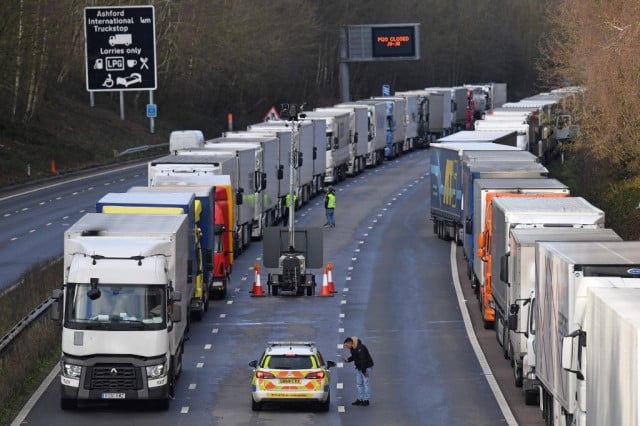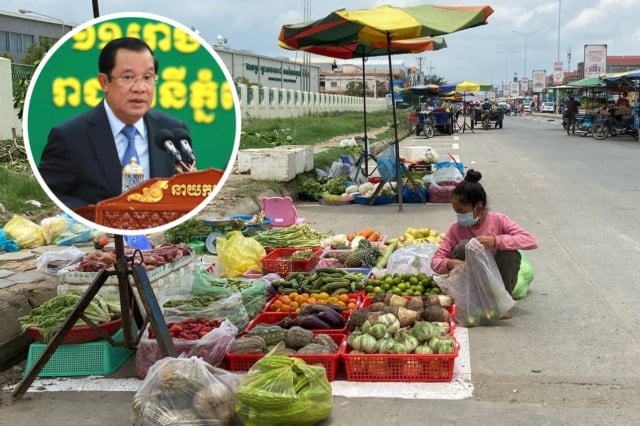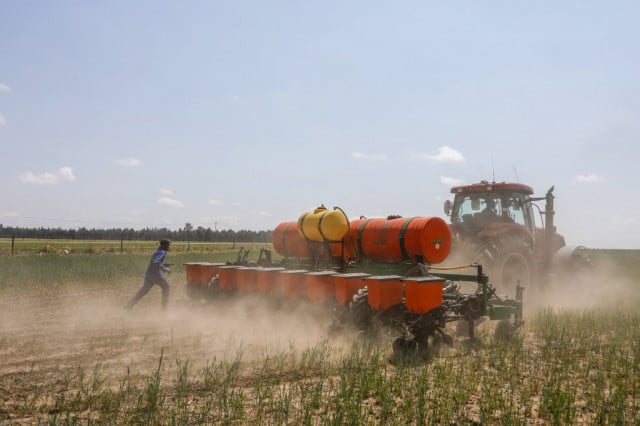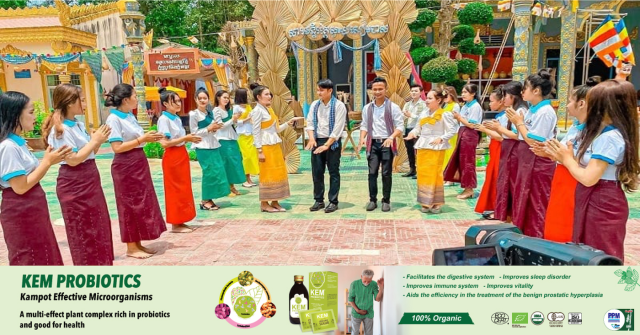Northern Thailand's Air Pollution Clouds Songkran Tourism Prospects
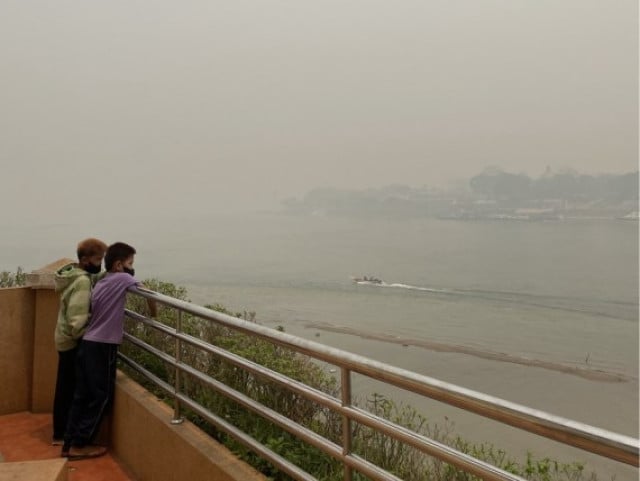
- By Xinhua News Agency
- April 9, 2023 8:55 AM
CHIANG RAI, Thailand -- With Thailand's traditional new year Songkran approaching, the lingering air pollution in Northern Thailand looms over the festival and tourism, prompting worries of visitors and businesses about enjoying the celebrations to the fullest.
The tourist destination of Golden Triangle in upper northern Chiang Rai province appeared quiet on Friday, as thick smog enveloped the area, rendering the once stunning view across the river barely visible.
Visitors have to hurry back to their vehicles to escape the choking fumes and prevent respiratory distress caused by poor air quality.
"The smog has lasted for at least two weeks," said Noppakun, owner of a small grocery store in the tourist area. He complained to Xinhua that his daily income has dropped from nearly 6,000 Thai baht (about 176 U.S. dollars) to 2,000 baht (59 U.S. dollars).
According to the Pollution Control Department (PCD), Chiang Rai province has been shrouded by hazardous levels of PM2.5 over the past two weeks, with a recorded peak of 733 micrograms per cubic meter in Mae Sai district, almost 15 times higher than Thailand's safe limit of 50 micrograms.
The continuous air pollution is damaging the tourism image of the Golden Triangle, as the stunning view is now obscured by the thick haze, leaving visitors disappointed, Noppakun said. "But that's the truth, we can't see anything."
Thai Prime Minister Prayut Chan-o-cha proposed measures to address the severe transboundary haze pollution during his discussion with counterparts from Laos and Myanmar on Friday, noting it is Thailand's national priority to resolve the issue.
The Thai government has attributed the heavy air pollution to smoke from forest fires, agricultural burning, traffic and industrial plants.
Satellite images from the Thai Geo-Informatics and Space Development Agency showed that thousands of fire hotspots were detected on Thursday in the Southeast Asian country, with Chiang Mai, Chiang Rai and Mae Hong Son having the highest numbers.
"Life has been greatly inconvenienced," said Chen Lei, a teacher at the Confucius Institute of Mae Fah Luang University based in Chiang Rai. "We have no choice but to spend most of our time indoors and minimize unnecessary travel."
Chen also noticed that not only are the locals going out less, but also the number of tourists visiting Chiang Rai has decreased.
"Last weekend when I went to the largest local night market, it was very quiet, unlike its usual bustling atmosphere," she said. Concerns about air quality in the region have led many of Chen's friends to plan to spend the Songkran festival holidays in Bangkok or the south instead.
However, for Noppakun, the situation is different. He has run a shop in the Golden Triangle area for over 30 years, and for him, not working means no income. He expects the rain to come soon and bring in more tourists during the Songkran festival to be celebrated on April 13.






